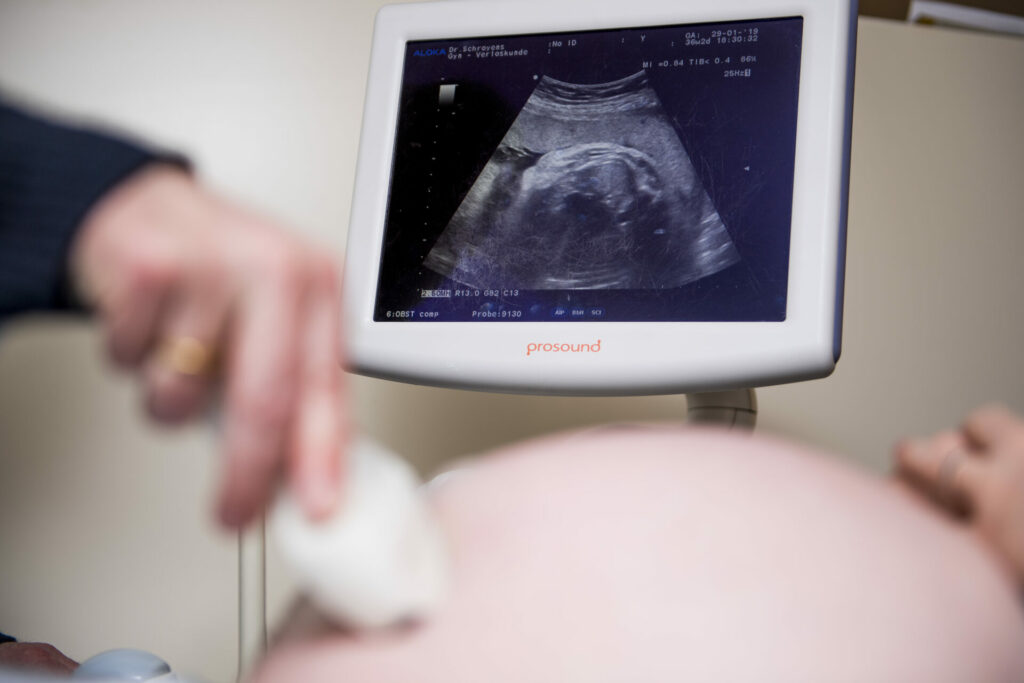Parvovirus, an infection that spreads from person to person like a common cold, is on the rise in Belgium. Especially pregnant women and their unborn babies are at risk.
Officially named parvo B19, the parvovirus infection is a common and highly contagious childhood illness, sometimes dubbed slapped-cheek disease because it gives children a distinctive face rash. It is transmitted through droplets from the throat and is especially contagious in nurseries or schools. Aside from the rash, the illness does not pose a real risk to children.
However, if a pregnant woman becomes infected with parvovirus, she can pass it on to their unborn baby, who may become anaemic – which involves administering blood to the unborn child via a so-called intrauterine transfusion – or even die.
Specialists are calling for more vigilance among pregnant women and gynaecologists alike, as a VRT NWS poll showed the disease is clearly circulating more this year in Belgium. More women are getting infected, and are seeking help in hospitals more than usual. Normally gynaecologists send one to two women to get an intrauterine transfusion per year, but recently, doctors have seen a 10- to 15-fold increase.
The Flemish Society of Obstetrics and Gynaecology (VVOG) sent out an alert call to colleagues earlier this month. While the mothers themselves may not experience symptoms – only some develop a mild fever, a rash or joint pain, like a mild flu – one UZ Gent gynaecologist said patients who feel their baby moving less.
However, there is no reason to panic. The virus does not always pass to the baby when pregnant women get ill. The overall case number remains low, with a few dozen cases a year out of 60,000 births in Flanders. Still, experts advise pregnant women to stay away from sick children, as there is no vaccine against parvovirus.
If they do experience symptoms or notice a difference in the baby's movement, a healthcare provider can do a blood test to see if the woman tests positive or not.

